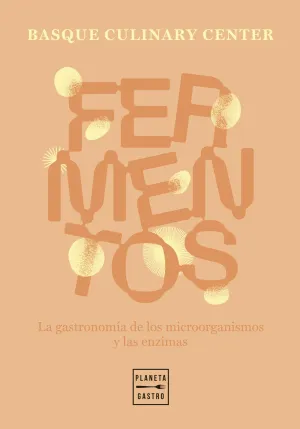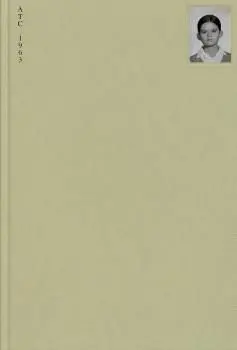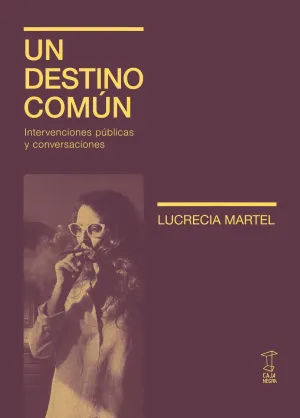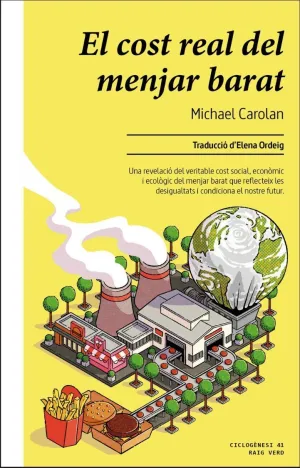WOMEN WRITING CULTURE
BEHAR, RUTH / GORDON, DEBORAH A.

"This lively and important book challenges readers to rethink ethnographic traditions in the face of experimental feminist writing and to envision another history of anthropology in which women's theoretical and literary contributions are prominent and important."Choice
"A provocative and compelling volume. . . . A rarity among edited collections, this one is well organized and systematically laid out. . . . The volume attempts to rewrite the canon of anthropology by celebrating the innovative techniques of women who have been misinterpreted by or denied a position in that canon, including Clews Parsons, Ruth Benedict, Zora Neale Hurston, Margaret Mead, Barbara Meyerhoff, and Alice Walker. . . . This book is already gaining a wide audience in anthropology; I suspect that many sociologists will find it of interest as well."Sharon Hays, Contemporary Sociology
"Here, for the first time, is a book that brings women's writings out of exile to rethink anthropology's purpose at the end of the century. . . . As a historical resource, the collection undertakes fresh readings of the work of well-known women anthropologists and also reclaims the writings of women of color for anthropology. As a critical account, it bravely interrogates the politics of authorship. As a creative endeavor, it embraces new Feminist voices of ethnography that challenge prevailing definitions of theory and experimental writing."Progressive Woman
"Editors Ruth Behar and Deborah Gordon succeed in developing a picture of new feminist ethnography. . . . Perhaps the greatest gift of this volume is a heightened awareness of the moves women make to cope with the contradictions and betrayals inherent in studying other people and authoring their stories."Laurel D. Graham, Journal of Contemporary Ethnography
"A notable collection of essays."Women's Review of Books
"A rich collection that I will use in teaching graduates and undergraduates about the weave of ethnography, narrative, the women's movement, and feminism. Crafted by an impressive range of scholars, the essays are empirically rich and theoretically cogent. But most important, they engage the complexities of multicultural, feminist, and multinational ethnographies and the stories that matter to politics, scholarship, and lives. With an ear for the tones of race and gender, this book answers the political, generic, and theoretical challenge of Writing Culture with layered essays that rewrite an important range of cultural conversations."Donna Haraway, author of Professor, History of Consciousness Board, UCSC
"Since the advent of the 'post-modern' in ethnography, we have been much in need of a marvelous volume such as this, placing 'woman' at the center of the debate. Women Writing Culture will prove as stimulating for our time as its great predecessor, Women, Culture and Society was for the 1970s."Jose E. Limon, University of Texas
"A groundbreaking bookprovocative, illuminating, imaginativeand it is a pleasure to read. A trenchant yet always generous feminist critique of the masculinist bias in the theoretical canon of anthropological texts, it expansively and imaginatively maps the future directions of a feminist anthropology. In moving and courageous acts of reconstruction, the writers in this volume boldly cross disciplinary and generic lines, reading fiction as anthropology, writing theater as ethnography, getting personal, radically reconceiving the relationship of self and other and, thereby, the field itself. Feminist scholars of all disciplines will find here enabling textual and conceptual strategies as well as memorable voices and powerful stories."Marianne Hirsch, Dartmouth College, author of The Mother-Daughter Plot
Description
In this collection of new reflections on the sexual politics, racial history, and moral predicaments of anthropology, feminist scholars explore a wide range of visions of identity and difference. How are feminists redefining the poetics and politics of ethnography? What are the contradictions of women studying women? How have gender, race, class, and nationality been scripted into the canon?
Through autobiography, fiction, historical analysis, experimental essays, and criticism, the contributors offer exciting responses to these questions. Several pieces reinvestigate the work of key women anthropologists like Elsie Clews Parsons, Margaret Mead, and Ruth Benedict, while others reevaluate the writings of women of color like Zora Neale Hurston, Ella Deloria, and Alice Walker. Some selections explore how sexual politics help to determine what gets written and what is valued in the anthropological canon. Other pieces explore new forms of feminist ethnography that 'write culture' experimentally, thereby challenging prevailing, male-biased anthropological models.
Contents
CONTRIBUTORS:
Lila Abu-Lughod
Barbara Babcock
Ruth Behar
Sally Cole
Laurent Dubois
Paulla Ebron
Janet L. Finn
Gelya Frank
Deborah A. Gordon
Faye V. Harrison
Graciela Hernandez
Dorinne Kondo
Louise Lamphere
Smadar Lavie
Ellen Lewin
Nancy Lutkehaus
Catherine Lutz
Kirin Narayan
Judith Newton
Aihwa Ong
Judith Stacey
Barbara Tedlock
Anna Lowenhaupt Tsing
About The Editors
Ruth Behar is Professor of Anthropology at the University of Michigan and the author of Translated Woman: Crossing the Border with Esperanza's Story (1993). Deborah Gordon is Assistant Professor of Women's Studies at Wichita State University.






